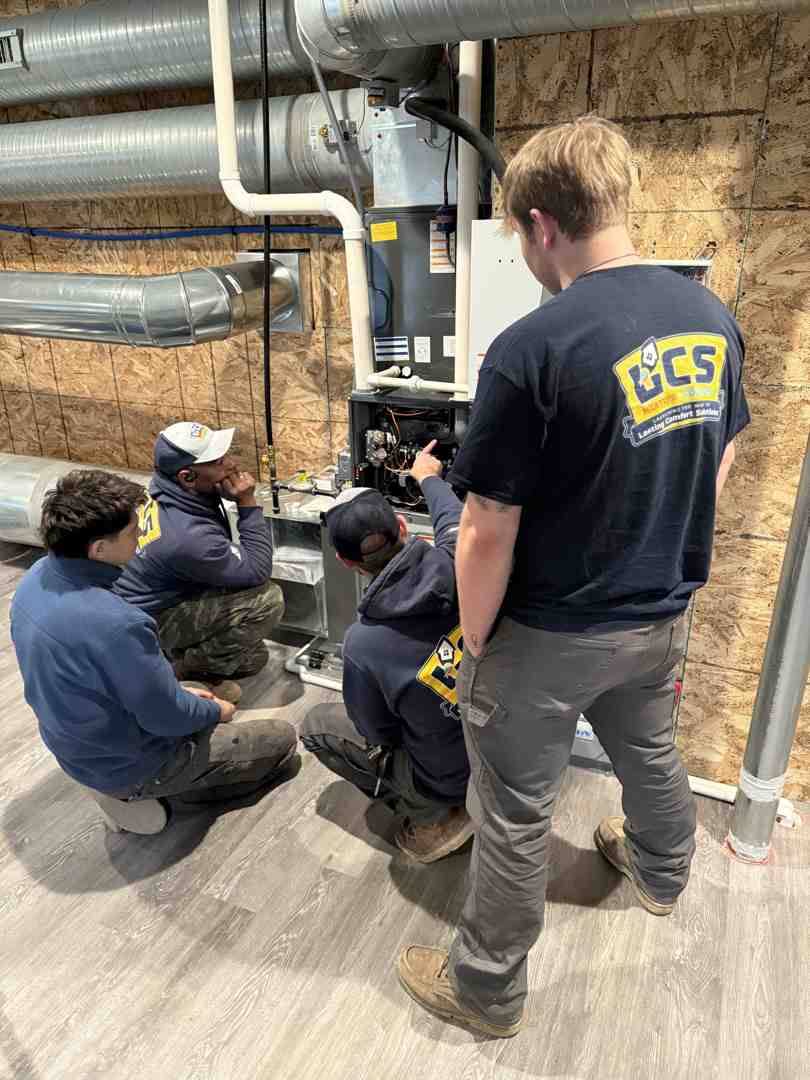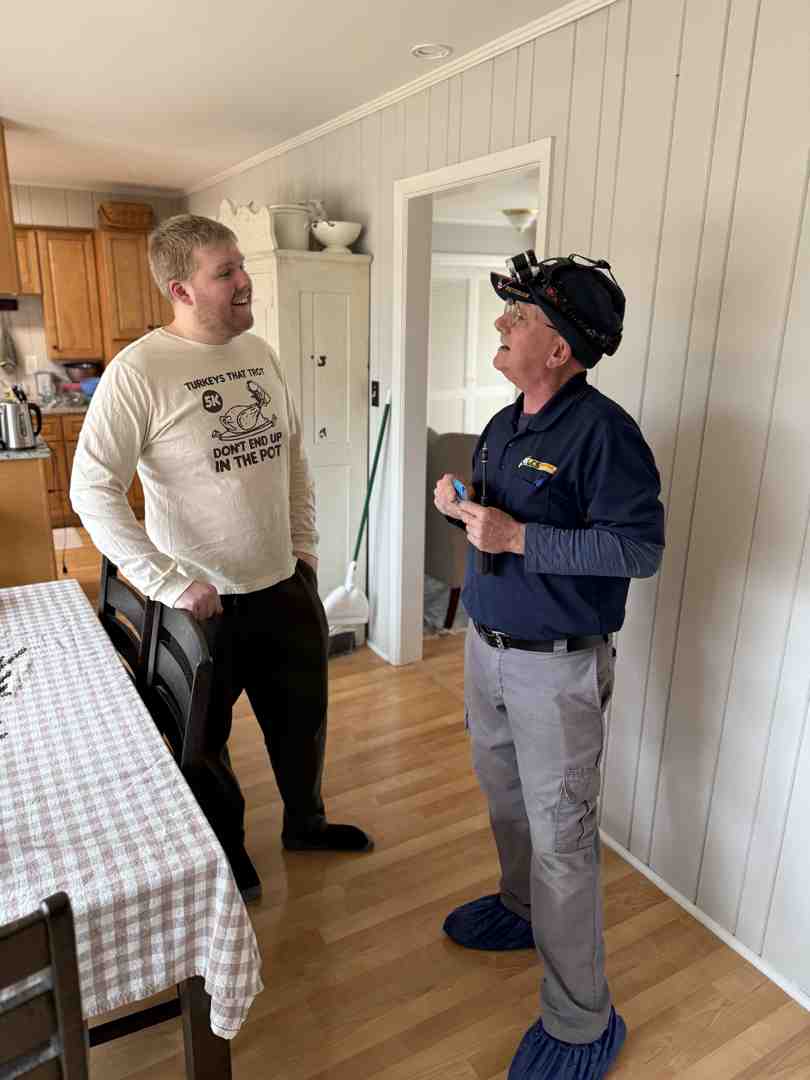Why AC Units Stop Working After Winter
With warmer days ahead, you want to make sure your AC is ready to go. Sometimes the long break during winter will stop your unit from running properly when you need it to start up. A little maintenance can go a long way.
Prepping Your AC Unit After Winter
It’s always a good idea to clear any debris around your AC unit before turning it on. Sticks and leaves from the fall and winter can collect around your system and interfere with its air flow and overall function. After you check that area out, take a peek at your air filter. It might be time to swap your old filter out for a clean, new one. This will make it easier for your AC to run.You’ll also want to make sure your unit has power. If the unit doesn’t kick in after you’ve adjusted your thermostat, go ahead and take a look at your circuit breaker before calling your HVAC company. The switches should be flipped to “on,” so this could be a simple fix if you’re having trouble with your AC. Otherwise, you might be looking at some different issues.
Common Problems Starting Your AC
Some problems that pop up after winter are relatively easy to fix, but others require professional expertise. These are some of the most common hiccups we see with units starting up in spring.
- Thermostat Problems: Hearing a loud racket when you turn on your AC unit is usually a sign that something isn’t right with your blower motor or fan motor. Of course, if you aren’t hearing anything at all, then you might be having a problem with your thermostat. The electrical wiring from your thermostat is connected to your AC. Assuming your thermostat has good batteries, you might be facing an issue with some electrical work. An HVAC professional can take a look and let you know what needs fixing.
- Low Refrigerant: When your unit doesn’t have enough refrigerant, it won’t be able to cool your home. Your HVAC company will have the equipment needed to measure the levels and see if they’re low. Unfortunately, just topping off the refrigerant might not be enough. Your system could have a leak. If your HVAC technician says low refrigerant is to blame, make sure they’ve also done a leak search. You don’t want the issue to repeat itself!
- Dirty Units: After the “off” season, you might also have trouble with a dirty system. The AC unit itself, also known as the condenser, may have dust and debris inside it. This can mess with the fans and block airflow, just like a dirty air filter indoors. A good cleaning can help.
In other cases, you could be facing a dirty evaporator coil. Older units and equipment that haven’t been serviced in a while will sometimes run into this problem. Because the coil needs to be completely removed for cleaning, this isn’t something you can handle on your own. You’ll need an HVAC technician to help you out. Still, it’s a pretty quick process.
Plan Ahead with a Spring AC Tune-Up
Letting your unit run when it isn’t working properly can lead to a series of bigger problems. If your unit isn’t working for your home, call on your HVAC company. Units that are dirty or need a leak repaired should be addressed sooner rather than later. Typically, these problems can be fixed during your annual maintenance!Scheduling regular maintenance can keep your unit working its best. A technician can check all of your connections, clean up your unit, lubricate its moving parts, and more. Our LCS Annual Maintenance Plans are designed to help you out.Getting routine checks with your unit before it acts up can help extend its life. Plus, it’s more convenient than waiting for service when something goes wrong. The temperatures will only continue to rise, and you don’t want to be caught without cool air. Let us know how we can help. Give our team a call.


